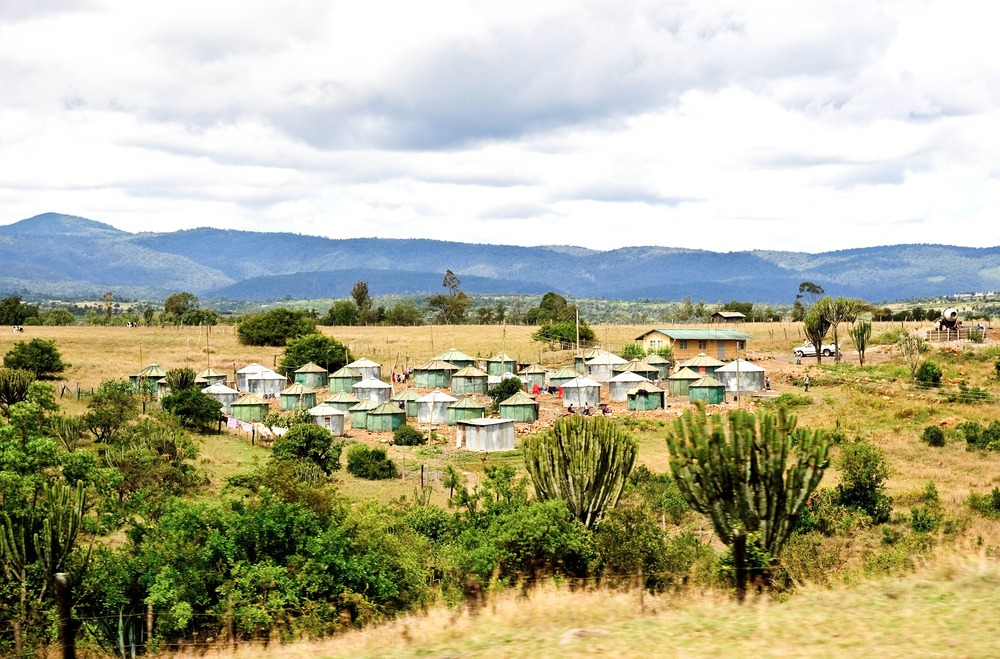Key Points
- Uganda launches its Circular Economy Roadmap on 31 January 2024, marking a pivotal shift towards sustainable development.
- The initiative, backed by the AfDB and other international partners, aims to catalyse socio-economic growth and climate resilience.
- Key players include the ACEA, ACEF, the Government of Finland, and the Nordic Development Fund, highlighting a collaborative international effort.
- Anticipated benefits encompass socio-economic development, job creation, and improved household incomes through efficient resource utilisation.
- The roadmap strategically aligns with the AfDB’s Uganda Country Strategy and Climate Change and Green Growth Action Plan.
On January 31, 2024, Uganda took a significant leap forward with the launch of its Circular Economy Roadmap in Kampala. This initiative, supported by the African Development Bank (AfDB), signifies a collective endeavour to bring together government policymakers, businesses, and civil society towards sustainable development and proactive climate action. Consequently, the launch of the roadmap underscores Uganda’s commitment to achieving its Vision 2040. The country’s focus is on fostering a sustainable, green economy for future growth.
A Coalition of Partners and Supporters
The roadmap’s success is bolstered by a coalition of influential partners and supporters. The African Circular Economy Alliance (ACEA) and the African Circular Economy Facility (ACEF), with backing from the Finnish Government and the Nordic Development Fund, are at the forefront of promoting a circular economy. Therefore, this broad support highlights the global significance of Uganda’s initiative, demonstrating an integrated approach to advancing a circular economy in Africa.
Circular Roadmap: 7 Million Green Jobs & Economic Growth
Uganda’s circular economy roadmap should yield substantial benefits. It aims to foster inclusive socio-economic development by creating over seven million green jobs for youths and enhancing household incomes through more efficient resource utilization. Hence, this sustainability-focused strategy promises to preserve the environment and build a resilient, equitable economic framework for future generations.
Strategic Alignment with Broader Goals
The roadmap strategically aligns with wider developmental and environmental objectives. Furthermore, it complements the AfDB’s Uganda Country Strategy (2022-2026) and Climate Action Plan (2021-2025), which target job creation and poverty alleviation. This strategic coherence ensures that Uganda’s transition to a circular economy is integrated with its broader aims for sustainable industrialization and growth.
Leadership Insights: Guiding Uganda Towards Sustainability
Prominent figures, including Dr Joshua Mutambi and Dr Anthony Nyong, have voiced strong support for the circular economy roadmap. Their insights highlight its pivotal role in sustainable industrialization. Additionally, it serves as a policy framework for the judicious use of natural assets. Such leadership highlights the roadmap’s importance. It is not merely a plan but a guiding light propelling Uganda towards a sustainable and prosperous future in alignment with Vision 2040.














